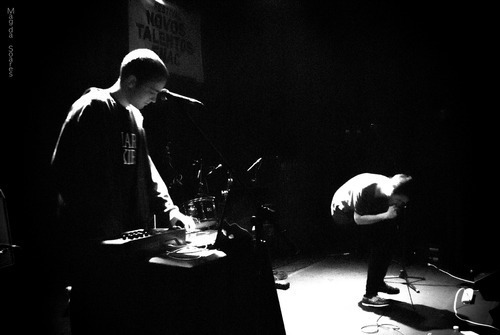Si la conversación amenaza con derivar en una discusión febril, cambiar la distribución de los asientos puede ayudar a relajar la situación. Esto señala que al final de cuenta los dos tenéis presente exactamente el mismo objetivo y que solo os tenéis que poner de acuerdo exactamente en qué ruta tomar para llegar hasta allí. Por otro lado, los que realizan la entrevista deben prestar atención principalmente a producir señales positivas para crear una atmósfera relajada en la entrevista y calmar al solicitante. Esto lo puedes hallar con una expresión facial amable y con cuestiones ocasionales. En el caso de que poseas cuestiones críticas, no confrontes al solicitante de manera directa.
Origen psicológico, síntomas físicos reales en nuestro cuerpo
Al hablar de lenguaje corporal no sólo se hace referencia a los síntomas y órganos comprometidos sino asimismo a las posiciones, género de movimientos involuntarios, tics, etcétera. Estos tipos de lenguaje corporal tienen la posibilidad de variar significativamente en su interpretación según el contexto cultural y las situaciones particulares. Por lo tanto, es esencial considerar el contexto completo y buscar la coherencia entre las señales verbales y no verbales para entender mejor el mensaje que se transmite. Nuestros movimientos no son solo sociables, son la forma en la que estamos programados y el cuerpo expresa lo que sucede en la mente.
Esta parte del cuerpo que todo el mundo olvida lavar es la que acumula más bacterias
Una persona puede decir una cosa y meditar algo absolutamente distinto, o mentir conscientemente a su interlocutor con mentiras. No obstante, engañar a alguien con el lenguaje corporal es considerablemente mucho más difícil, https://blogfreely.net/ ya que una gran parte sucede de forma inconsciente. En muchas personas, los gestos, la expresión facial y asimismo la postura general revelan de manera clara lo que están sintiendo. Por este motivo, es importante estimar el contexto cultural y situacional al interpretar los gestos y posturas anatómicos.
Utilizar el lenguaje corporal de forma deliberada en el mundo laboral

 Understanding & Interpreting body language
Understanding & Interpreting body language There are, nevertheless, some cues that an astute person can use to infer what you are considering or feeling. Body language is a significant contributor to the angle an individual conveys to others. This can be referred to as the '7%–38%–55% Rule',[37] and is usually considered in research of human communications. In some circumstances, our facial expressions could reveal our true feelings a few specific scenario. While you say that you are feeling fine, the look in your face might inform individuals otherwise. Not only may something be off, but it’s attainable that if you pay shut attention, you’ll see some tell-tale indicators that the individual is feeling wired.
Rubbing Eyes
What is considered a positive gesture in a single culture may be seen as adverse in one other. For example, in some cultures, making direct eye contact is a sign of respect and attentiveness. In different cultures, nevertheless, avoiding eye contact may be seen as a sign of respect. They can emphasize a point, specific settlement or disagreement, or convey enthusiasm. For instance, nodding your head signifies settlement, whereas shaking your head signifies disagreement. You can even deduce whether or not an individual is introverted from the drive of their handshake. In the same 2000 research, researchers found that people who had weaker handshakes tended to be shier and more neurotic.
And researchers also found that people who have faster saccades are usually extra impatient. But if we have been to stare at a person’s eyes without shifting our own? We would seem like we have been "vacantly staring" into the distance2. Or, it can be that somebody is just processing data or attempting to make sense of something3.
Trust
Taller people are usually larger people and exhibiting openness indicators you’re unafraid. When we’re pleased, we naturally straighten our backs and spread our arms to make ourselves larger (think celebrating athletes). Pointing your index finger at folks could be very annoying for them, irrespective of the context. It’s almost as in the event that they see your finger as a membership with which you’re about to pummel them. It’s a highly dominant gesture that’s usually used to blame, decide or accuse others. Dominant people have no issues spreading their arms out and shifting them freely during conversations. Nervous individuals tend to stay their arms to their sides if they’re not crossing them.
Shaking hands is a customary greeting in some places, whereas bowing matches the invoice in others. When they’re feeling fairly assured, they may maintain their arms behind their again. This exposes the torso (where the vital organs are) displaying a certain amount of poise and self-assurance. In business scenarios, people may turn their body away from you for any variety of reasons.






